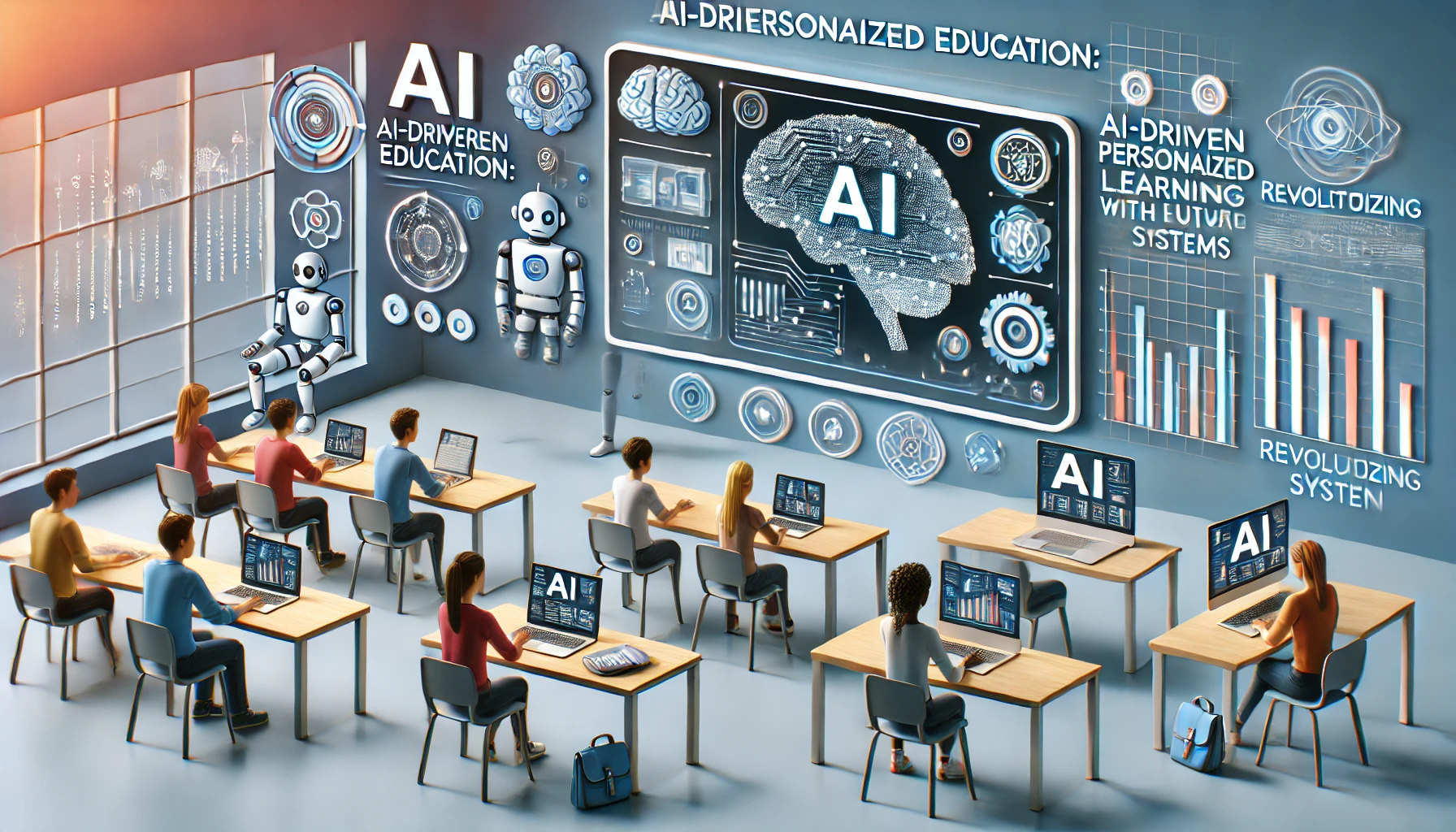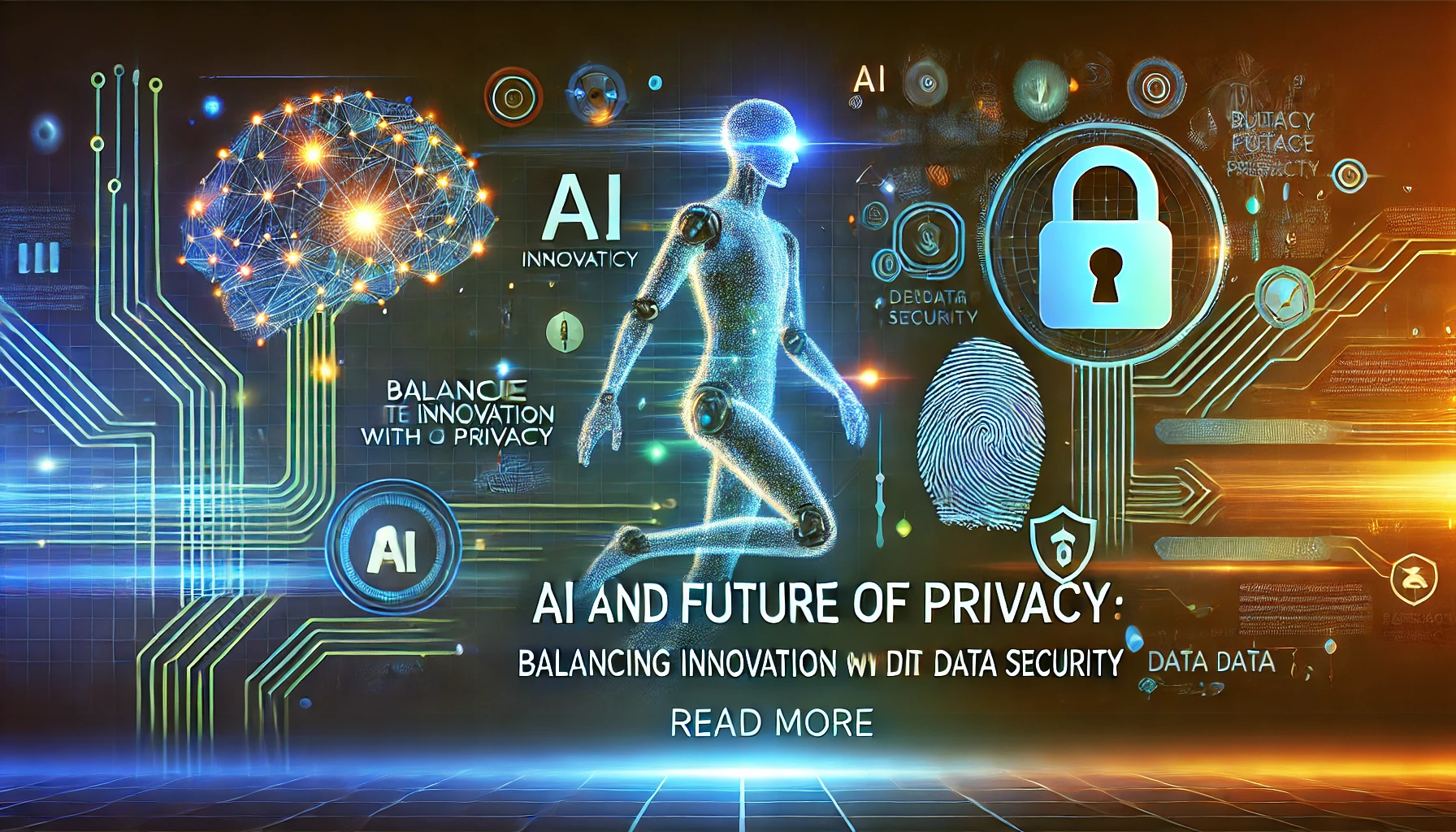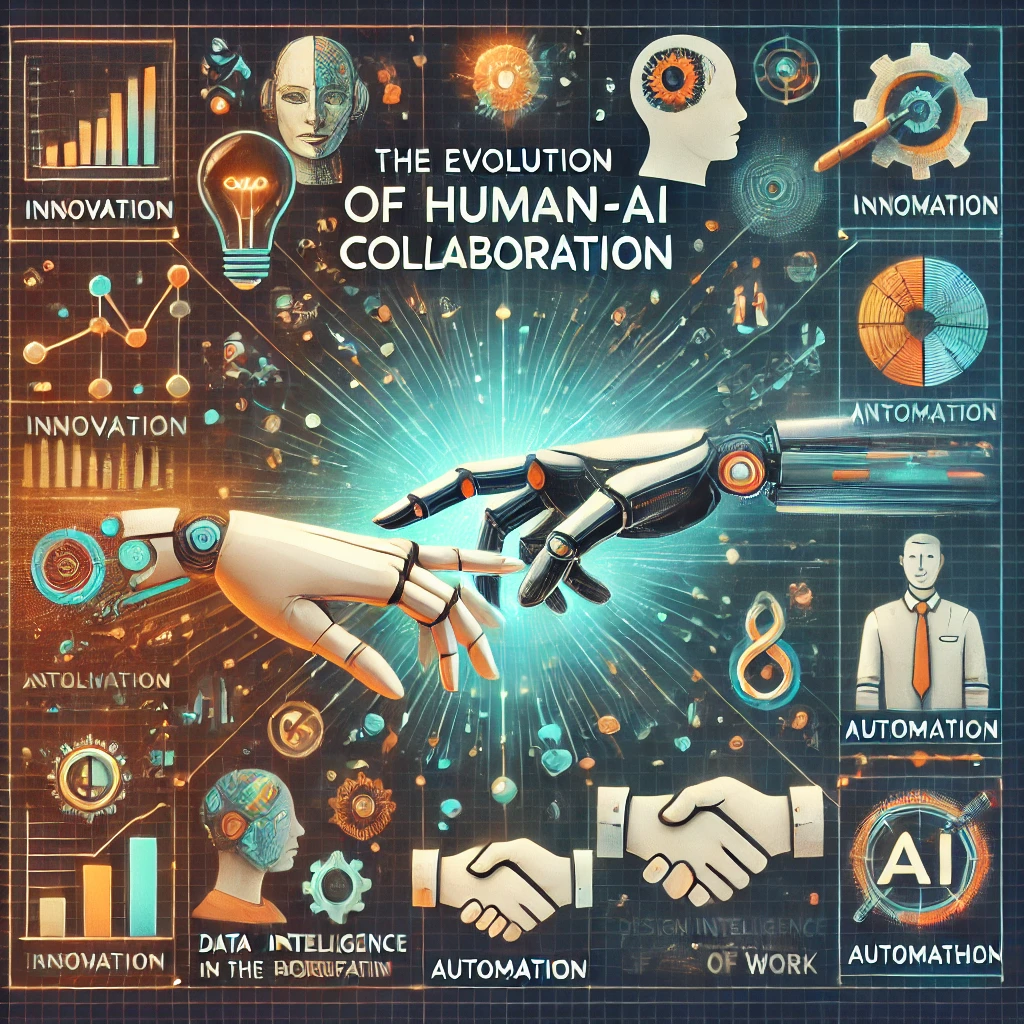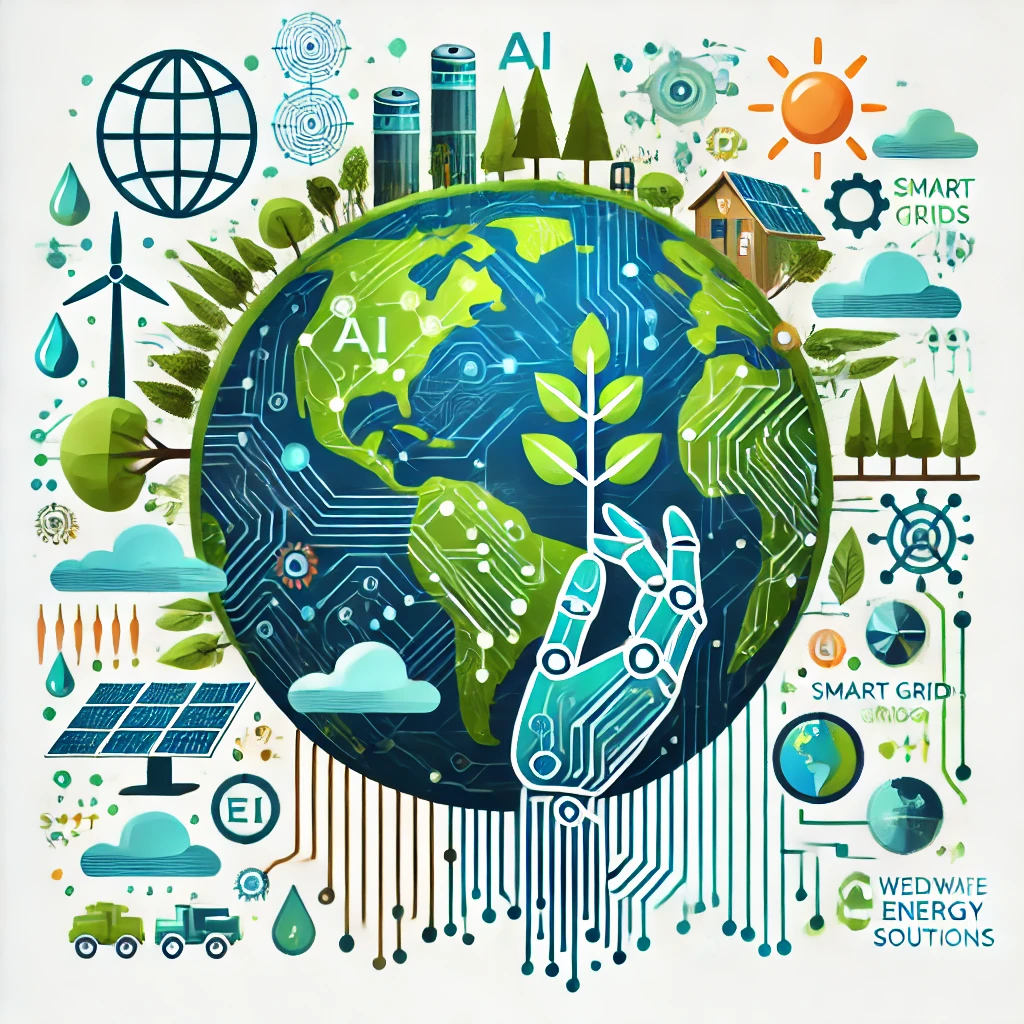In today’s fast-paced, technology-driven world, education is undergoing a transformative shift. Traditional one-size-fits-all teaching methods are being replaced by AI-driven personalized education, a revolutionary approach that tailors learning experiences to individual students’ needs, strengths, and weaknesses. This blog explores how adaptive learning systems powered by artificial intelligence are reshaping education, the benefits they offer, and the challenges they bring.
What is AI-Driven Personalized Education?
AI-driven personalized education leverages machine learning algorithms, data analytics, and natural language processing to create customized learning experiences for students. These systems analyze a student’s performance, learning style, and pace to deliver tailored content, recommend resources, and provide real-time feedback.
For example, platforms like Khan Academy, Duolingo, and DreamBox use AI to adapt lessons based on how well a student grasps a concept. If a student struggles with a topic, the system provides additional practice or alternative explanations. Conversely, if a student excels, the system advances them to more challenging material.
How AI is Transforming Education
- Adaptive Learning Platforms
Adaptive learning systems use AI to continuously assess a student’s progress and adjust the curriculum accordingly. This ensures that students are neither bored with material that’s too easy nor overwhelmed by content that’s too difficult. - AI Tutors and Virtual Assistants
AI-powered tutors, like Squirrel AI and Century Tech, provide 24/7 support to students, answering questions, explaining concepts, and offering personalized study plans. These virtual assistants act as a supplement to human teachers, ensuring students receive help whenever they need it. - Data-Driven Insights for Teachers
AI tools analyze student data to provide teachers with actionable insights. For instance, they can identify which students are struggling with specific topics, enabling teachers to intervene early and provide targeted support. - Gamification and Engagement
AI-powered educational games and simulations make learning more engaging and interactive. By incorporating elements of gamification, these tools motivate students to stay focused and achieve their learning goals.
Benefits of AI-Driven Personalized Education
- Improved Learning Outcomes: Personalized learning ensures that students master concepts before moving on, leading to better retention and understanding.
- Increased Accessibility: AI-powered platforms make quality education accessible to students in remote or underserved areas.
- Efficient Use of Time: Students can learn at their own pace, reducing frustration and maximizing productivity.
- Support for Teachers: AI tools reduce the administrative burden on teachers, allowing them to focus on instruction and mentorship.
Challenges and Ethical Considerations
While AI-driven personalized education offers immense potential, it also raises important questions:
- Data Privacy: Collecting and analyzing student data is essential for personalized learning, but it also poses privacy risks. How can we ensure that sensitive information is protected?
- Equity and Access: Not all students have access to the technology required for AI-driven education. How can we bridge the digital divide?
- Over-Reliance on Technology: While AI can enhance learning, it cannot replace the human touch of teachers. How do we strike the right balance?
- Bias in Algorithms: AI systems are only as good as the data they’re trained on. If the data contains biases, the system may perpetuate inequalities.
The Future of AI in Education
The future of AI-driven personalized education is bright. As technology advances, we can expect even more sophisticated systems that integrate virtual reality (VR), augmented reality (AR), and emotional AI to create immersive and empathetic learning experiences.
Moreover, collaborations between educators, technologists, and policymakers will be crucial to ensure that AI is used ethically and equitably. By addressing the challenges and harnessing the potential of AI, we can create a future where every student has access to personalized, high-quality education.
Conclusion
AI-driven personalized education is revolutionizing the way we learn, offering tailored experiences that cater to individual needs. While challenges remain, the benefits of adaptive learning systems are undeniable. As we embrace this technological shift, it’s essential to prioritize equity, privacy, and the human element in education.
By leveraging AI responsibly, we can unlock the full potential of every learner and pave the way for a brighter, more inclusive future in education.



